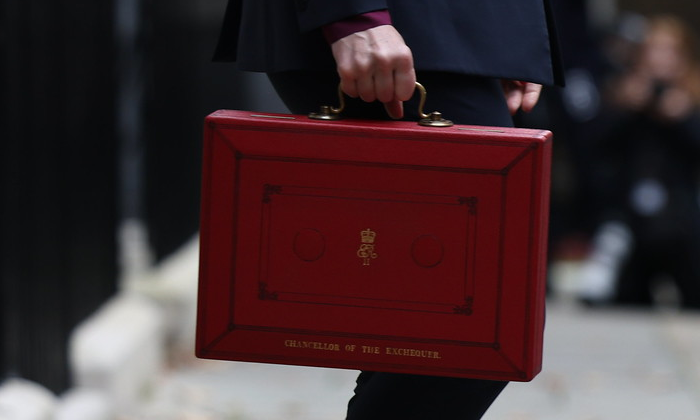The Labour government’s increase in employer National Insurance Contributions could see firms reduce or cut staff benefits like health and group risk all together.
This is the warning from advice firms following chancellor Rachel Reeves’s Budget speech in which she put up employer’s National Insurance Contributions (NICs) by 1.2%, while also increasing the employer’s allowance exempting 865,000 smaller employers from paying any NIC at all next year.
Bitter pill
Julia Turney, partner and head of platform and benefits at Barnett Waddingham, called government’s decision a “difficult pill to swallow” for UK businesses.
“This might turn out to be a short-sighted move which could have serious implications for employee benefits and public health,” Turney said.
“Many employers currently use the savings they receive from National Insurance relief to boost pension contributions or fund additional benefits like healthcare and life assurance. If these savings disappear, many employers could make the difficult decision to reduce or cut these benefits altogether.
“This is particularly concerning for healthcare benefits, such as private medical insurance (PMI). If fewer people have access to private medical insurance, this could place an additional burden on an already overstretched NHS.
“The government must take more positive steps toward addressing the health crisis in collaboration with employers and insurers.”
Curtailing benefit spend
Brett Hill, head of health and protection at Broadstone agreed, adding there may be temptation for some employers to curtail spending on employee benefits, including healthcare.
“While the government announced an extra £25.7bn of funding for the NHS it will take time, potentially years, for this to have a meaningful impact on the current NHS waiting list of 7.64m,” Hill continued.
“Given the chronic challenges facing the NHS, now and into the foreseeable future, the value of private health benefits is arguably greater than ever, with companies needing to ensure employees have access to care when they need it most.
“Early diagnosis and treatment is vital for improving outcomes and unfortunately, far too many employees wait too long to start treatment, increasing the risks of more significant health impacts and long term sickness absence.”
Increase in unit rate costs
But the hike in employer NI also has implications for group income protection benefits, Hill warned.
“For group income protection (GIP) benefits, employers who currently include cover for employer NI expenses within their GIP scheme can anticipate some increases in unit rate costs, given the increase in employer NI rates,” he continued.
“It is essential therefore to fully review existing schemes where relevant, and to carefully consider future scheme designs.
“While we see the rising costs for the employers, health and protection benefits remain essential people asset risk management tools for employers looking to reduce sickness absence rates and improve their productivity levels, by ensuring employees remain healthy, productive, and actively at work.”
Feeling the crunch
But advice firms are not the only ones voicing their concerns.
Dan Crook, MD protection at Canada Life, warned the combination of NI and National Minimum Wage hikes along with widening employment rights, meant employers of all sizes will be feeling the crunch.
“Invariably, this may mean that some employers will have some difficult decisions to make, when considering budgets,” Crook said.
“As such, there could be a temptation for employers to cancel their protection policies as a consequence, but we would urge employers to take a long term view.
“Ultimately, these valuable benefits exist to help employers to attract, retain and support their employees and should continue to be considered as an essential component of their workplace proposition, not a nice to have.”
